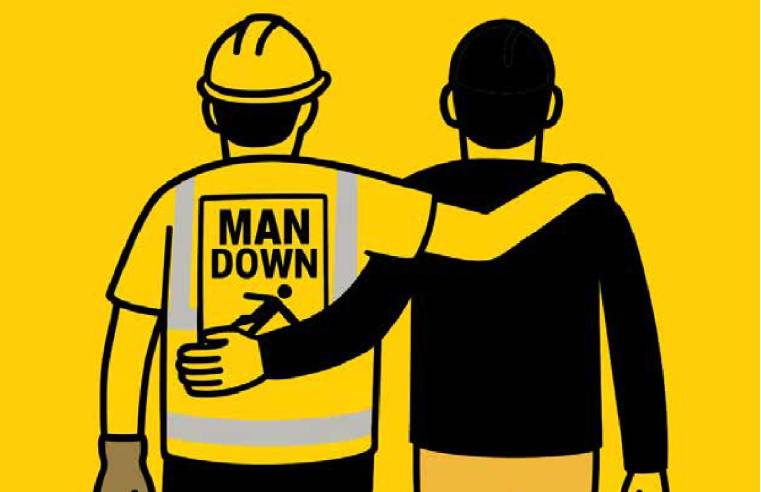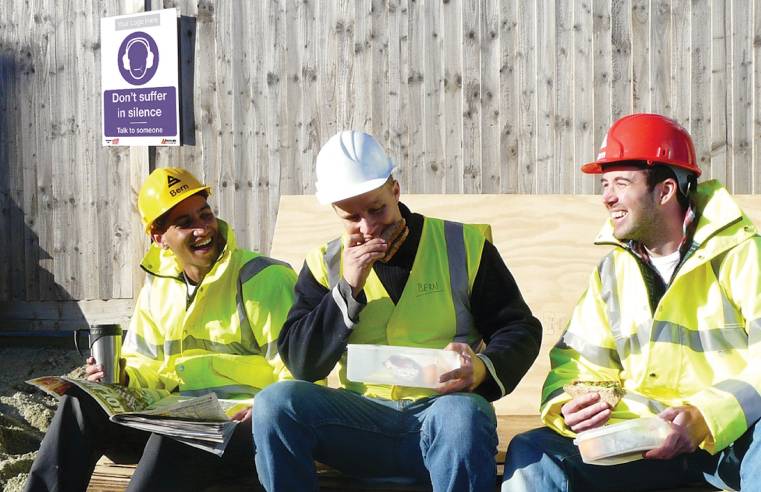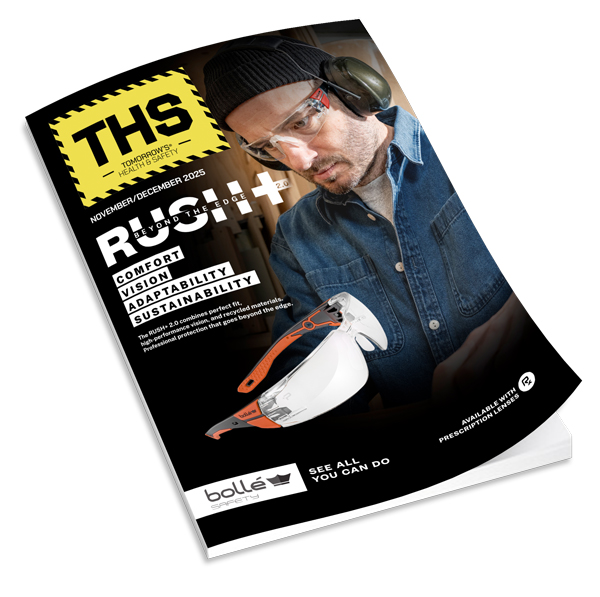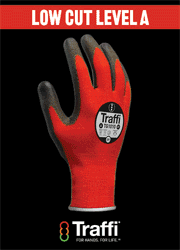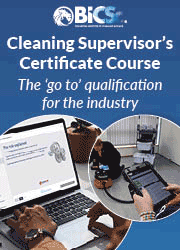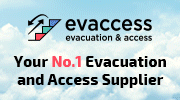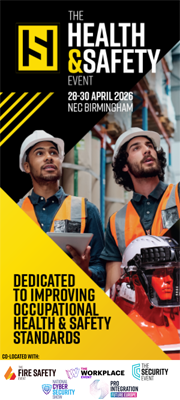To coincide with International Stress Awareness week, Alex Minett, Head of Products & Markets at CHAS, offers seven tips for managing workplace stress.
Workplace stress can lead to poor health, lower productivity and increased accident and sickness absence rates if not properly managed.
It can cause a range of mental and physical ill health conditions or trigger pre-existing conditions, including depression and anxiety, back and shoulder problems, heart disease and some cancers.
In 2019-2020, 17.9 million working days were lost to work-related stress, depression or anxiety, accounting for 51% of all work-related ill health cases and 55% of all working days lost due to ill health, according to the latest HSE statistics.
But there are a number of ways we can tackle workplace stress.
1) Carry out a stress risk assessment to help you identify problem areas and the steps needed to control them. As stress is considered a hazard, employers have a legal duty to protect their employees from stress at work by doing a risk assessment and acting on it. HSE has a risk assessment template here. HSE's stress management standards can also help to simplify this process.
2) Work together to decide what actions to take to achieve the steps required. As stress is often a symptom of poor employment relations, managers should take all employees' opinions into consideration. These ideas can be used to help form the basis of a company policy that informs employees of what to do should they feel stressed at work, or if they are experiencing mental ill health. Ideas can be shared through attitude surveys, specific stress-related audits or focus groups, discussion groups, action planning meetings, and/or one-to-ones.
3) Set up a wellness programme if you want to provide extra resources and support, and appoint a steering group to lead the process. Involving everyone in the organisation, from senior management to front-line staff, should make implementing the programme easier. Ensuring that the expertise of staff is valued will also result in greater ownership of any changes that are implemented.
4)Communicate regularly with employees to ensure they're being challenged but not overloaded with work. Provide support if they are experiencing unreasonable work demands to avoid the risk of burnout, stress and anxiety. Excessive workloads may not be as easy to identify among remote workers, so organise catch-ups by phone or video call. Encouraging all employees to regularly talk to their co-workers can also provide support in the form of a team atmosphere to help them better manage stress.
5) Make access to independent advice and support available. Confidential employee assistance/counselling services or appointing existing employees as dedicated Mental Health Champions to provide peer support can be useful if someone has a problem they cannot discuss with their manager. You could also assign a certain employee or group of employees the task of collecting feedback to make the workplace safe, comfortable, and ergonomically correct.
6) Offer training and education to all levels of staff that promote wellbeing and resilience in the workplace. Management can learn how to recognise stress in those they work with and what they can do to prevent it from becoming a problem by taking a Mental Health First Aid (MHFA) course, for example. Employees can be given tools and techniques to help them identify their own issues and deal with them.
7) Create a positive culture that removes the stigma associated with mental health issues and encourages early reporting and therefore intervention. Incorporating mental health into HR policies and procedures, and into core training as described in the previous points, will help to achieve this. But also think about making literature available in the workplace or on the intranet, putting up posters/infographics and hosting fun and informative virtual or live events to raise awareness.
Find out how CHAS can help ensure health & safety issues, including workplace stress, are taken seriously throughout your supply chain by calling CHAS today on 0345 521 9111.








